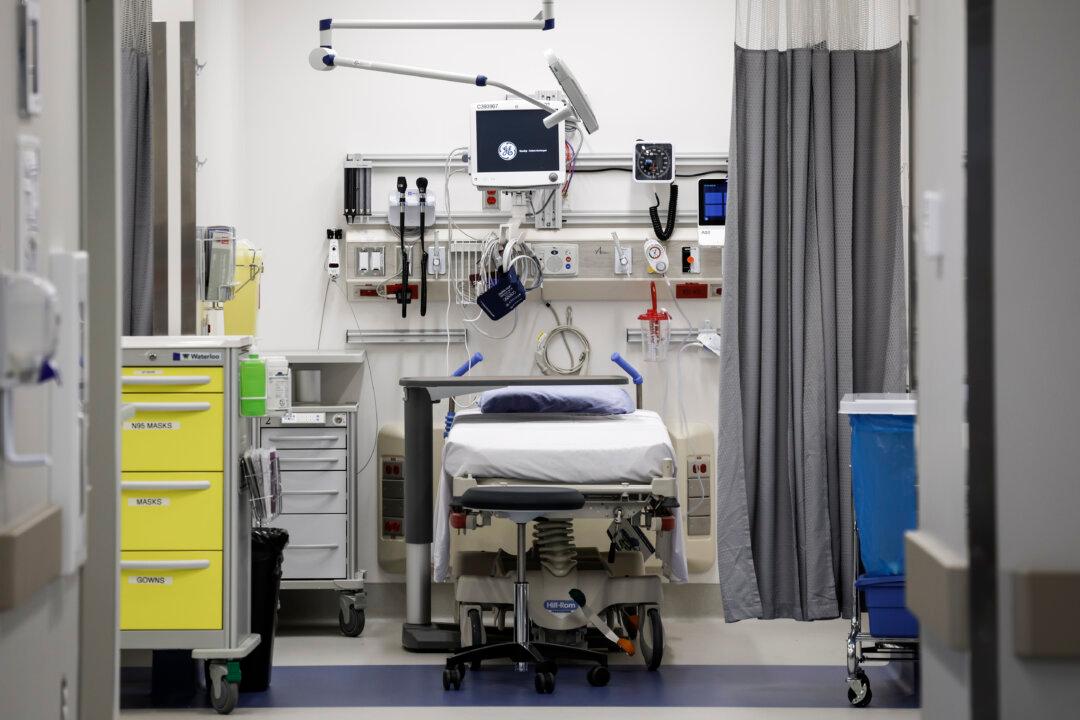Alberta’s College of Physicians and Surgeons (CPSA) is moving away from forcing doctors and health care professionals to support medical services like abortion, medical assistance in dying (MAID), and “gender-affirming” care.
The regulatory body has been updating its Standards of Practice, which raised concerns that it would force medical professionals to participate in services they oppose morally, according to a Jan. 3 blog post on the Campaign Life Coalition (CLC) website.





